Expertise
SE Asia politics, CEE relations, strategic communication
Languages
Polish, English
Biography
Robert Rajczyk is a journalist and political scientist. He is an assistant professor at the University of Silesia. He specializes in the analysis of policies in the CEE&SE Asia regions as well as mass communication and propaganda. He has been Taiwan Fellowship’s Programme recipient in 2015, 2017 and 2019.
Recommended articles
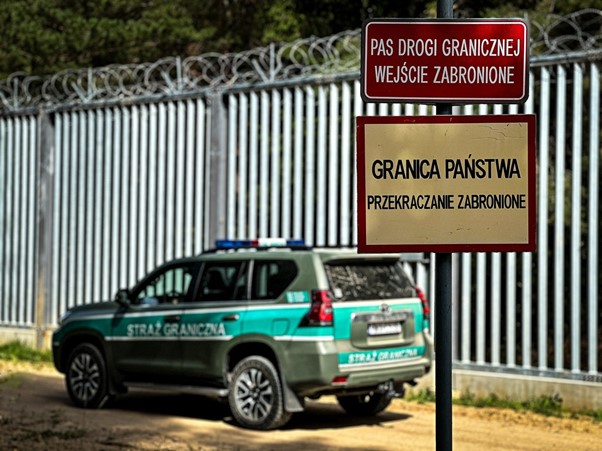
The Polish-Belarusian Border: Russian and Belarusian Narratives
In today’s geopolitical landscape, Poland is engaged in ongoing hybrid warfare with the Russian Federation. This kind of offensive operation is a cornerstone tactic for Vladimir Putin, involving spreading disinformation about the border situation and manipulating it to fit the pro-Kremlin policy and narrative.
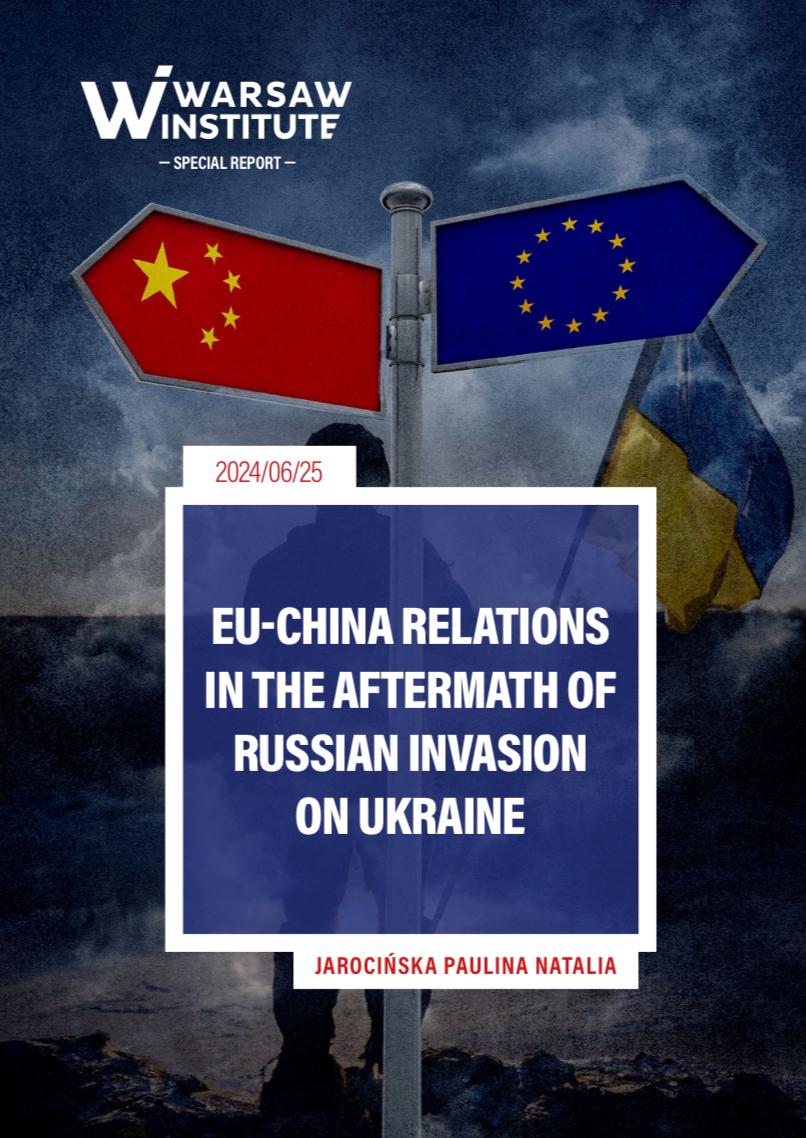
EU-China relations in the aftermath of Russian invasion on Ukraine
The current state of China-EU relations has reached a critical juncture, necessitating strategic and decisive actions in order to foster rapprochement

What is Italy’s interest and involvement in the Three Seas region?
The Three Seas Initiative focuses its activities on the Central and Eastern European region, however the projects proposed may include the participation of not only the 13 members of the Initiative. Often other European countries are involved and can benefit from activities promoted by the Three Seas Initiative.

Belarus Uses Fugitive Polish Judge to Sow Disinformation
The Belarusian propaganda machine has been exploiting Tomasz Szmydt, a high-ranking judge from a Warsaw administrative court, to produce and disseminate propaganda content. Through both media statements and social media posts, he propagates various Russian disinformation narratives––to enhance the image of Belarus and Russia while disparaging Poland and Western countries.
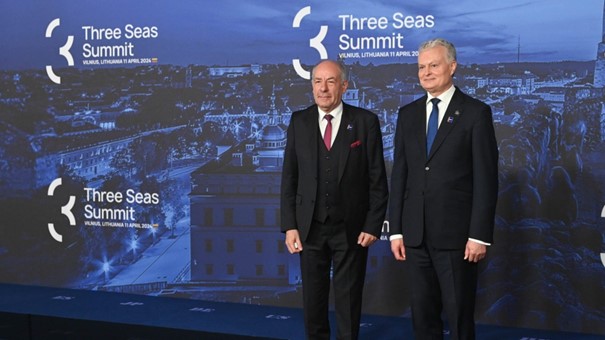
How can Hungary benefit from the Three Seas Initiative?
Hungary has been a member of the Three Seas Initiative since 2015. The country’s position and role in the Three Seas Initiative is significant in several respects. The question may arise as to how the country actually views the Initiative.

The Value of Energy Interconnection in Three Seas region
Improving cross-border electricity interconnections is one of the main goals of the European Union, as well as improving security of energy supply and fostering renewable energy sources into the markets.
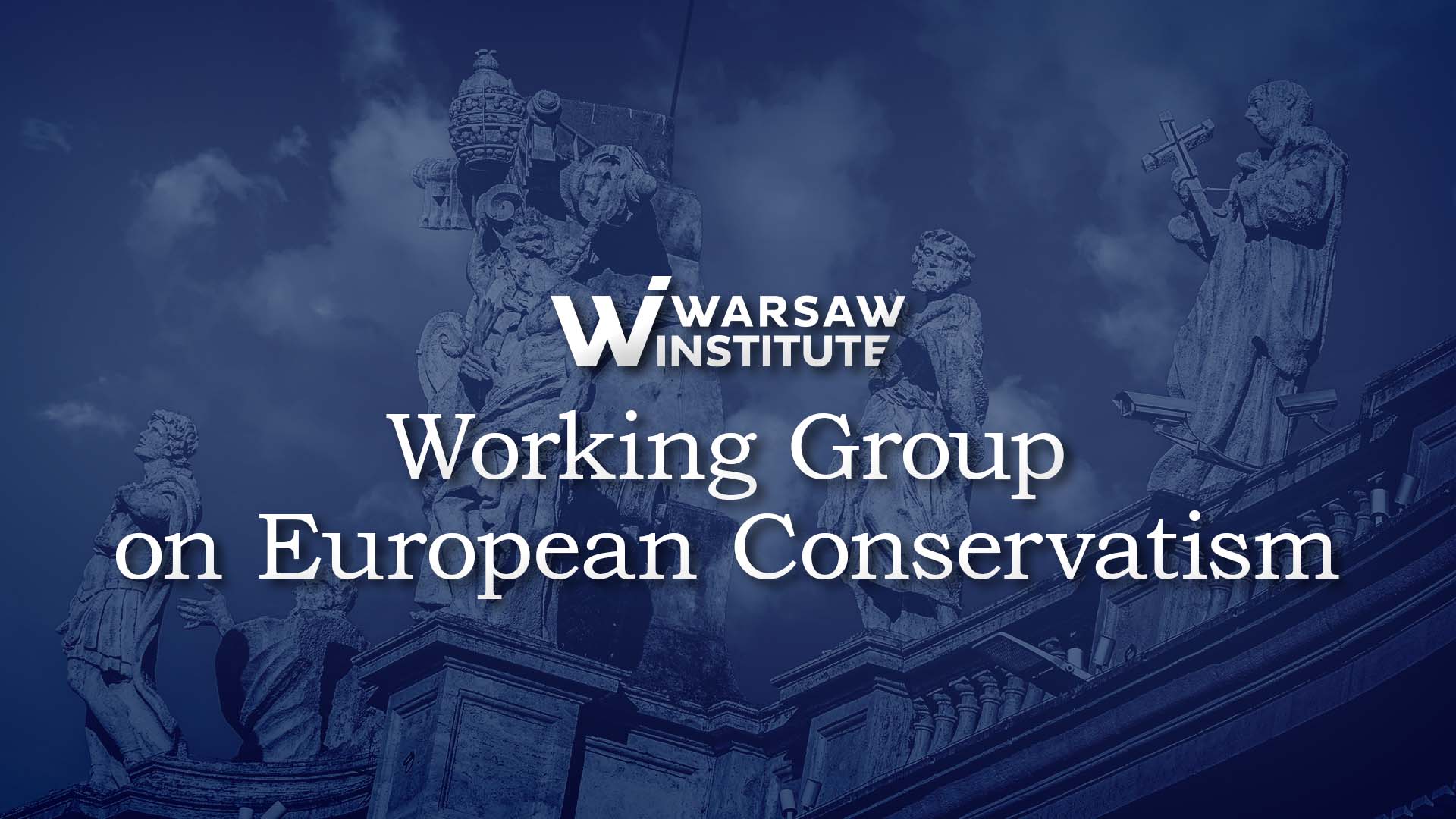
The Working Group on conservatism in Europe
The Working Group on Conservatism in Europe is a partnership of institutes, which have been working together since 2022 to identify and define European conservative ideas and traditions, as a starting point for a wider conversation that could draw out common principles.
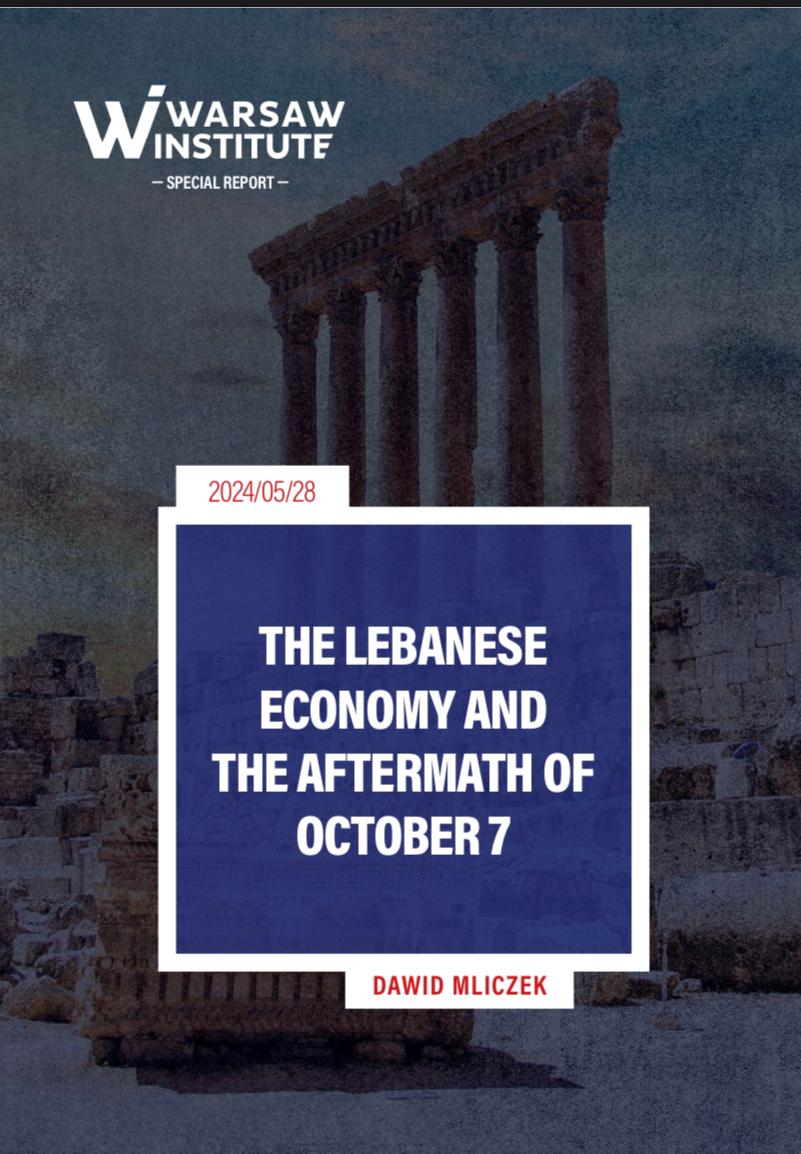
The Lebanese Economy and the Aftermath of October 7
,,The Lebanese Economy and the Aftermath of October 7” report by Dawid Milczek is available for you!
The multidimensional poverty rate has nearly doubled from 42% in 2019, to 82% in 2021, leaving people in Lebanon grappling with the realities of food insecurity, unemployement and deteriorating living conditions…
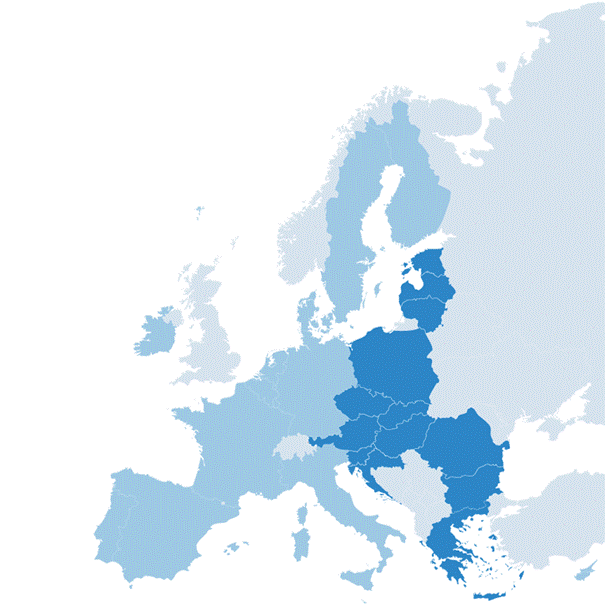
What does it take to join the Three Seas Initiative?
In the last year or less, the Three Seas Initiative has seen its biggest expansion since its inception: Greece has become a full member, Moldova and Ukraine have become associate partners, Japan joined as a strategic partner and Montenegro expressed its intent to associate with the Initiative. In these circumstances, one might ask, how is it possible to join?

How have 3SI member states reacted to recent developments with the War in Ukraine?
Currently, in an isolated and localized manner the war in Ukraine has developed tactical advantages for Russia, however, Ukraine still retains strategic coherence and cohesion. Therefore, how have 3SI (Three Seas Initiative) member states, which predominantly lay on the border with Ukraine or Russia, if not in the immediate vicinity, reacted to these developments?

















